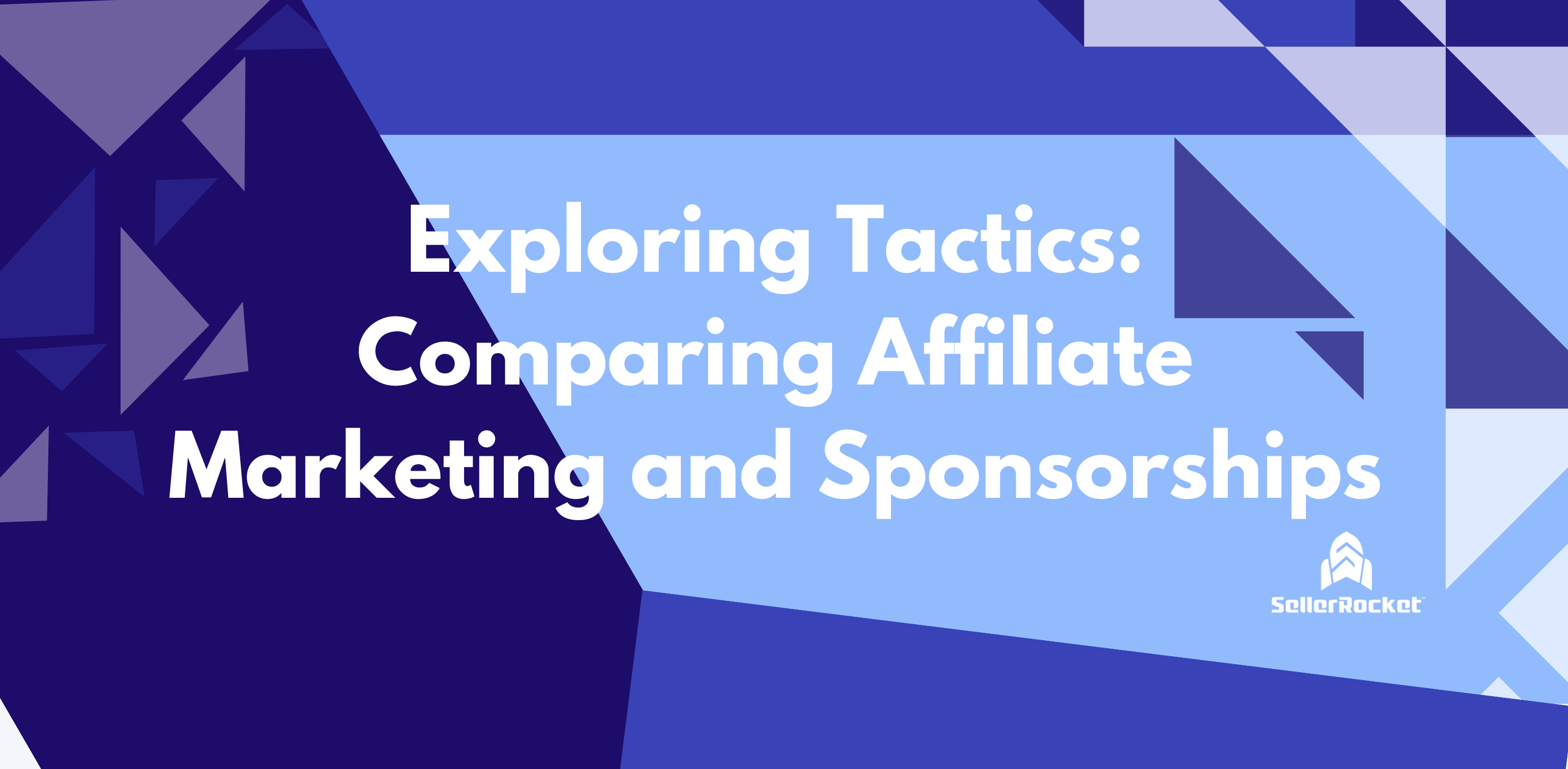
In the world of digital marketing, businesses have a wide variety of options to explore when it comes to boosting brand visibility and driving sales. Among these, affiliate marketing and sponsorships stand out as two distinct yet effective strategies. Understanding the differences and benefits of each can empower businesses to make informed decisions tailored to their marketing goals and audience engagement strategies.
Contents
Affiliate marketing operates on a performance-based model where businesses collaborate with affiliates who promote their products or services. These affiliates earn commissions for each sale or action generated through their referral links. The key advantages of affiliate marketing include cost-effectiveness, expandability with potentially limitless affiliate partnerships, targeted reach to specific demographics or market segments, and the ability to track performance for optimizing ROI.
Sponsorships involve businesses partnering with individuals, events, or organizations to associate their brand with specific activities or causes. Unlike affiliate marketing, sponsorships focus on building brand awareness and credibility through association rather than direct sales. Key benefits of sponsorships include enhancing brand visibility through popular events or influencers, improving brand perception and credibility, fostering community engagement through cause-related initiatives, and providing long-term benefits such as brand loyalty and positive associations.
When deciding between affiliate marketing and sponsorships, businesses should consider several factors: their marketing goals (whether to drive direct sales or enhance brand visibility), the alignment of each strategy with their target audience’s interests and behaviors, budget considerations including the cost structures of both approaches, and ensuring alignment with the brand’s values, image, and long-term objectives.
Both affiliate marketing and sponsorships offer unique advantages in the digital marketing landscape. Affiliate marketing excels in driving measurable sales and reaching audiences, while sponsorships excel in enhancing brand visibility, credibility, and community engagement. Ultimately, the decision between these strategies should be guided by the specific marketing goals, target audience, and budget considerations of each business. By strategically integrating both approaches or focusing on the one that best suits their objectives, businesses can effectively navigate the dynamic landscape of digital marketing and achieve sustainable growth.
© 2025 SellerRocket TM . All Rights Reserved.
Get our latest updates directly to your inbox.
Only the best in eCommerce and affiliate news, tips and tricks.
